EDITORIAL
Published on 07 Jan 2025
Editorial: World antimicrobial awareness week
doi 10.3389/fpubh.2024.1543642
- 436 views
28k
Total downloads
105k
Total views and downloads
You will be redirected to our submission process.
EDITORIAL
Published on 07 Jan 2025
ORIGINAL RESEARCH
Published on 14 Jun 2024

SYSTEMATIC REVIEW
Published on 22 May 2024
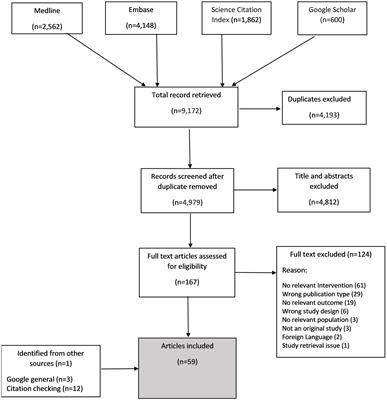
ORIGINAL RESEARCH
Published on 09 May 2024
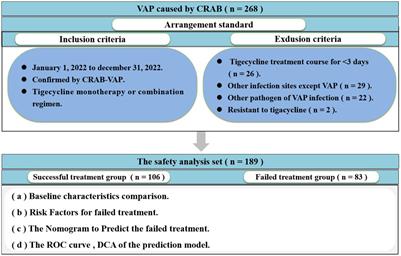
REVIEW
Published on 27 Mar 2024
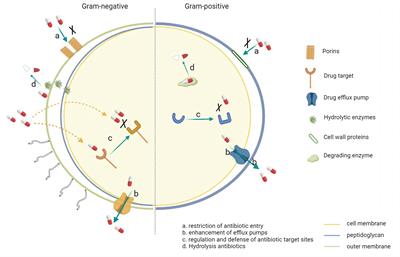
OPINION
Published on 12 Mar 2024
ORIGINAL RESEARCH
Published on 23 Jan 2024
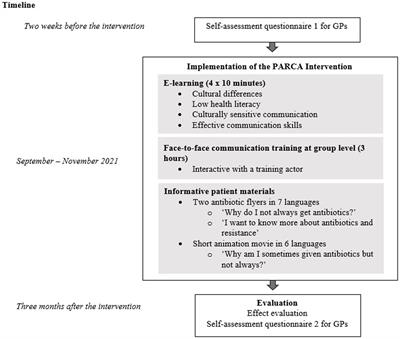
ORIGINAL RESEARCH
Published on 12 Jan 2024

ORIGINAL RESEARCH
Published on 05 Jan 2024
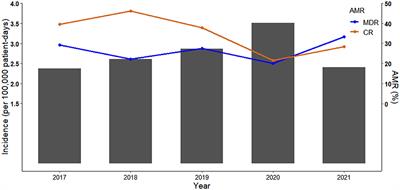
ORIGINAL RESEARCH
Published on 04 Jan 2024
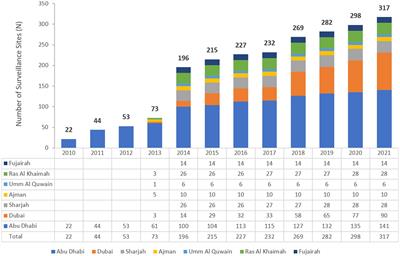
ORIGINAL RESEARCH
Published on 07 Dec 2023

ORIGINAL RESEARCH
Published on 07 Dec 2023

